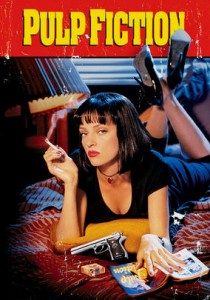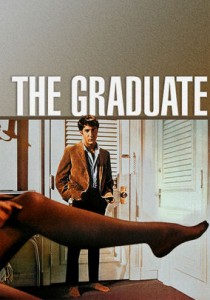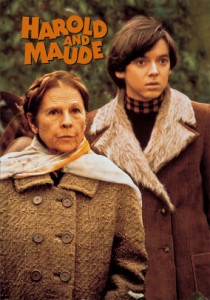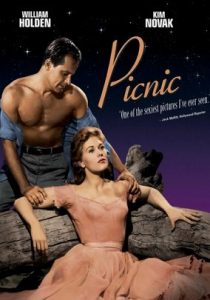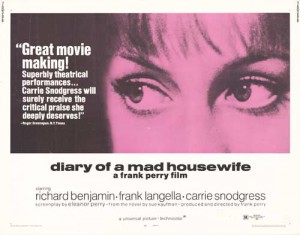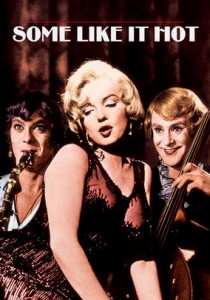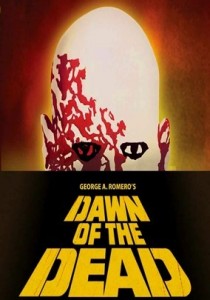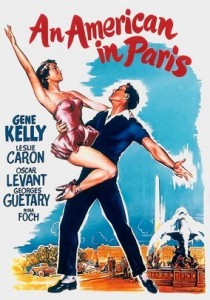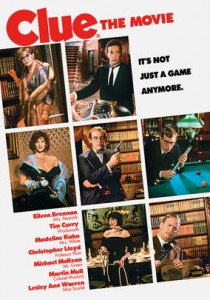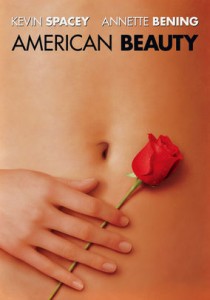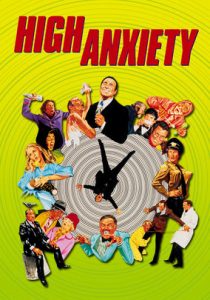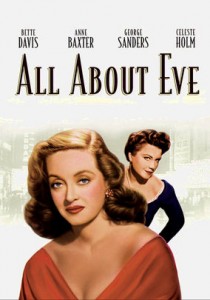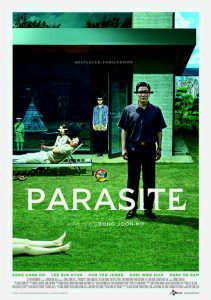If I Had Legs I’d Kick You-2025
Director Mary Bronstein
Starring Rose Byrne, Conan O’Brien, Christian Slater
Scott’s Review #1,521
Reviewed February 25, 2026
Grade: A-
Not being a parent myself, nor ever having the desire to be one, I was nonetheless enthralled by the subject of stressed parenting explored in If I Had Legs I’d Kick You (2025).
Examining our frazzled lead character, Linda’s, descent into madness after enduring day after day of adult chaos and kid problems, the role is wonderfully played by Rose Byrne.
The actor, though memorable in 2011’s classic Bridesmaids, is usually associated with one-note or throwaway roles throughout her long career.
It’s inspiring to see her finally get her due by playing a complex role with so much chops and receiving an Academy Award for Best Actress in 2025.
With her life crashing down around her, Linda, ironically a psychotherapist, attempts to navigate her child’s mysterious illness amid pressure from her therapist, her absent husband, a missing client, and an increasingly hostile relationship with her own therapist (Conan O’Brien), also a colleague.
After her living room is destroyed by water damage, she is reduced to renting a dingy motel for an extended period, where she encounters hostile motel workers.
Her saving grace is her late-night solitude, when she can peacefully indulge in wine and pot while sitting on the beach, contemplating her life.
Director Mary Bronstein, who also appears as a therapist, cleverly doesn’t show Linda’s daughter or husband for nearly the entire film, revealing them only through their grating voices. They irritate and stress Linda out to no end.
Undoubtedly, Bronstein either wanted to keep the focus on Linda and her daily peril or to leave it uncertain whether they even existed outside Linda’s mind.
The plot mostly involves a medical situation where Linda’s daughter, Delaney, has a pediatric feeding disorder that necessitates nightly supplemental feeding through a tube and participation in a day hospital program.
Her husband, a ship captain, is away, presumably at sea. This leaves Linda to handle everything.
Linda trudges through her days, arguing with a parking attendant and a contractor, while having misunderstandings with her therapist, patients, and a bitchy girl at her motel.
The supporting characters are well cast and add leverage to Linda’s peril by being completely unsympathetic and sour. O’Brien is excellent as the self-absorbed therapist, while Danielle Macdonald is good as a needy patient who ditches her baby.
But the film belongs to Byrne.
From the first scene, she wears a weary look, and her close-up facial expressions speak volumes about her peril. Linda looks washed out and exhausted while things spiral out of control. Nearly dozing off as a patient chatters away, she finally has had enough.
On the other hand, she is constantly on the brink of losing her shit.
Thanks to Byrne, we are treated to fist-pumping scenes where she lets loose on both therapists and the bitchy motel girl, instantly making Linda the only rootable character in the lot.
Still, she’s not exactly likable herself and incessantly makes poor choices. Her irritation with everything grows tiresome until the final sequence, when the film parleys into a message about mental illness.
If I should have found the film depressing, I didn’t.
Sprinkled with macabre humor, the film must have been influenced by the 1970 masterpiece Diary of a Mad Housewife, starring Carrie Snodgrass as a woman emotionally tortured by her selfish family and on the brink of a breakdown.
Bronstein, also the screenwriter, makes Linda the only character the audience should focus on, and all events are told from her perspective, which makes the film a winner.
Never knowing where events are headed, If I Had Legs I’d Kick You (2025) is a sheer delight in comedic/dramatic insanity. Though it carries a strong central theme of mental wellness, it also promotes the important message that it’s also okay not to have kids who will ruin your life.
Oscar Nominations: Best Actress-Rose Byrne
Independent Spirit Award Nominations: 1 win-Best Director-Mary Bronstein, Best Lead Performance-Rose Byrne (won)









